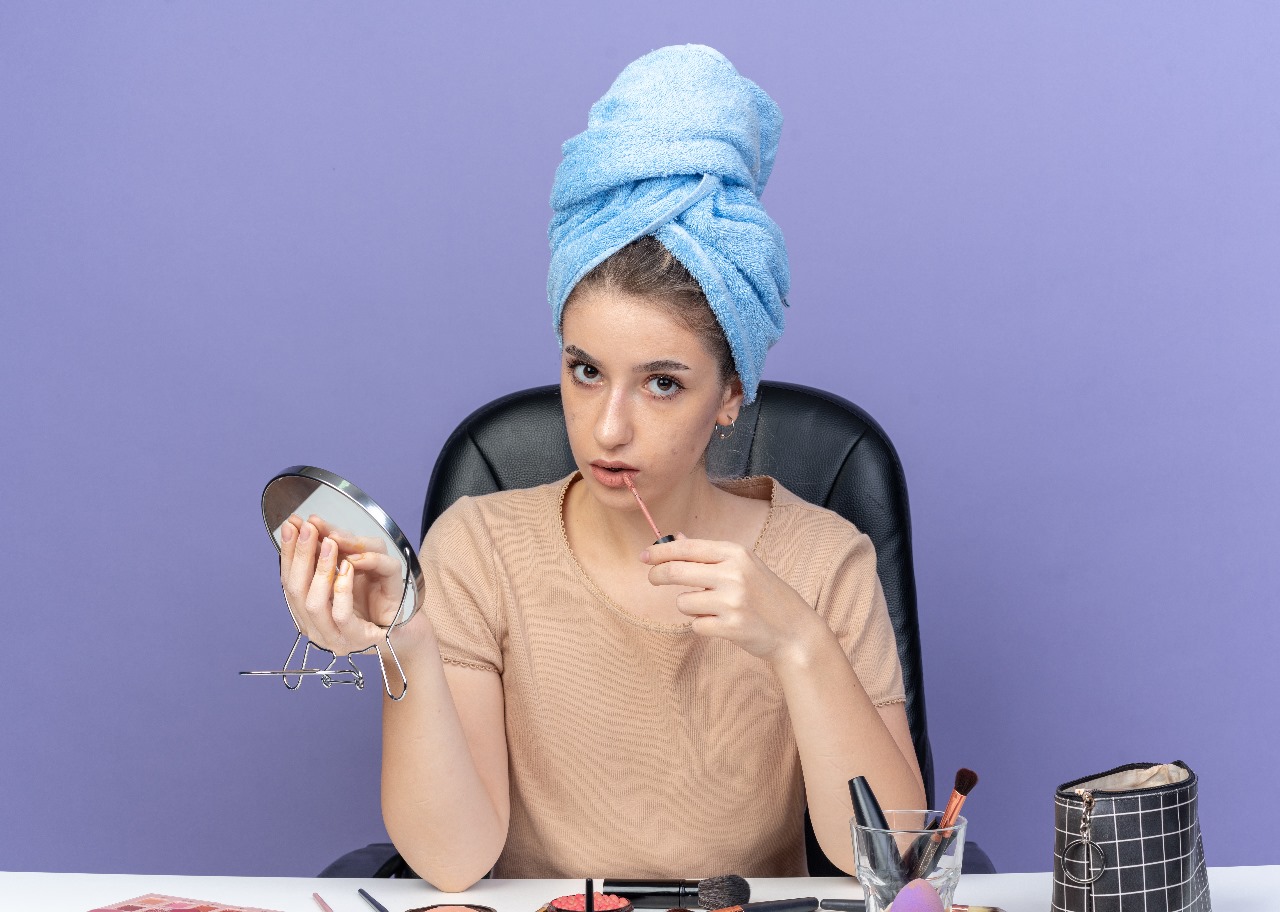Acne is one of the most common skin concerns worldwide. Whether it’s a stubborn blackhead, a painful pimple, or full-blown face acne, most people turn to skin care as their first line of defense. But what if the very steps you’re taking to achieve smooth skin are actually making your acne worse?
Many people unknowingly follow skin care routines that aggravate their acne condition instead of helping it. In this article, we’ll uncover the habits that might be sabotaging your skin and provide guidance to support a clearer, healthier skin complexion.
1. Overwashing Your Face
It’s easy to think that frequent washing will remove oil and bacteria, but over-cleansing can strip your skin of its natural oils. When your skin becomes too dry, it compensates by producing more oil, leading to clogged pores and more breakouts.
Tip: Cleanse your face twice daily once in the morning and once at night with a gentle, non-comedogenic cleanser suitable for acne-prone skin.
2. Using Harsh or Alcohol-Based Products
Many acne treatments and face washes promise instant results but are packed with alcohol, sulfates, or strong fragrances. These ingredients can irritate the skin, causing inflammation and worsening acne symptoms.
Look for: Products labeled as “gentle,” “non-irritating,” or “suitable for sensitive skin.” Ingredients like salicylic acid or benzoyl peroxide can help treat acne but should be used in moderation.
3. Skipping Moisturizer
One of the biggest skin care myths is that oily or acne-prone skin doesn’t need moisturizer. In reality, skipping this essential step can dry out your skin, triggering it to produce more oil—creating a perfect environment for pimples and blackheads.
Best practice: Choose an oil-free, non-comedogenic moisturizer that hydrates without clogging pores. This helps maintain balance and supports smoother skin over time.
4. Touching Your Face Too Often
Constantly touching your face, picking at pimples, or resting your chin on your hands transfers bacteria and oil from your fingers directly to your skin. This can lead to more clogged pores and worsen existing acne.
Tip: Keep your hands away from your face and resist the urge to pop or squeeze pimples. It can lead to scarring and worsen your acne condition.
5. Using Too Many Products at Once
It’s tempting to try multiple acne treatments at the same time, hoping for faster results. However, layering too many active ingredients—like retinoids, acids, or exfoliants—can irritate the skin, cause dryness, and trigger more breakouts.
What to do: Start with a simple routine—cleanser, treatment, moisturizer, and sunscreen and give each product time to work (usually 4–6 weeks). Patience is key when treating acne.
6. Neglecting to Clean Your Pillowcases, Phones, and Makeup Tools
Your skin comes into contact with more than just products—your pillowcases, makeup brushes, and even your phone screen can harbor bacteria, oil, and dirt that contribute to face acne.
Maintain hygiene: Wash pillowcases at least once a week, clean makeup brushes regularly, and disinfect your phone screen daily to reduce bacteria exposure.
7. Wearing Heavy or Pore-Clogging Makeup
Some foundations and concealers are not suitable for acne-prone skin. Products that are too heavy or not labeled as non-comedogenic can block pores and contribute to pimples and blackheads.
Choose wisely: Opt for mineral-based or oil-free foundations labeled “non-comedogenic” to reduce the risk of clogged pores. Always remove makeup thoroughly before bed.
8. Ignoring the Role of Diet and Stress
Skin care isn’t just about what you put on your skin—it’s also about what’s happening inside your body. High-glycemic foods, dairy, and chronic stress may trigger or worsen acne in some people.
Support your skin: Eat a balanced diet rich in vegetables, lean proteins, and omega-3 fatty acids. Stay hydrated, get enough sleep, and find healthy ways to manage stress.
9. Not Being Consistent with Acne Treatment
Acne treatment takes time. Switching products too frequently or giving up after a few days can prevent you from seeing real progress. Your skin needs consistency to heal.
Stick with it: Follow a routine consistently for several weeks before making changes. Consult a dermatologist if you’re not seeing improvement after 6–8 weeks.
Final Thoughts: Be Smart About Your Skin Care
When dealing with acne, the goal isn’t just to find an acne cure it’s about creating a smart, gentle skin care routine that works for your unique needs. Remember, more isn’t always better. Over-treating or using the wrong products can easily make your acne worse.
By understanding how your habits affect your skin, you can make better choices that support long-term healing, improve your skin complexion, and help you achieve the clear, smooth skin you’re striving for.
If your acne condition is severe or not improving, seek help from a skincare professional or dermatologist. With the right guidance, your skin can heal and thrive.



